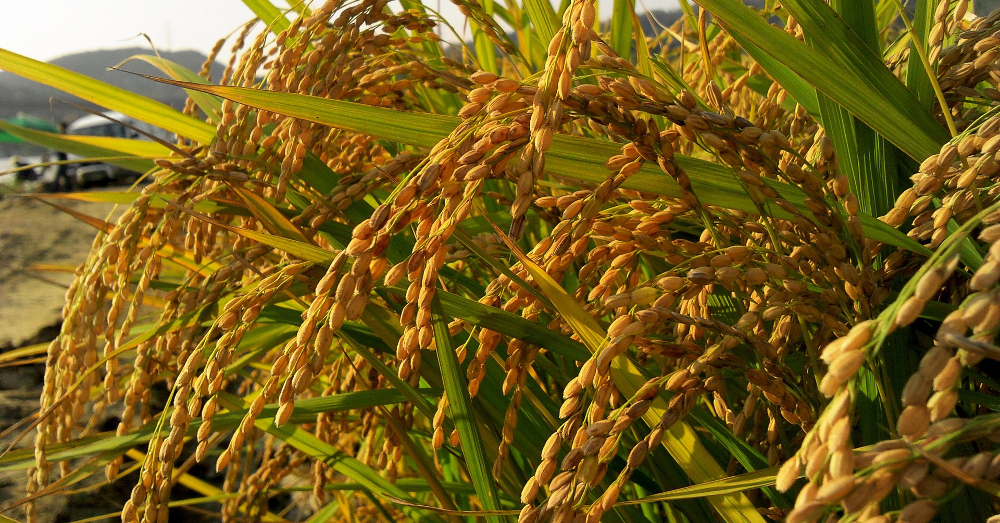
GMO Golden Rice Offers No Nutritional Benefits Says FDA
The biotech industry and its supporters have promoted GMO Golden Rice for decades as an urgently needed solution to vitamin A deficiency.
But, in a surprising twist, the US Food and Drug Administration (FDA) has concluded its consultation process on Golden Rice by informing its current developers, the International Rice Research Institute (IRRI), that Golden Rice does not meet the nutritional requirements to make a health claim.
June 3, 2018 | Source: Independent Science News | by Allison Wilson, PhD
The biotech industry and its supporters have promoted GMO Golden Rice for decades as an urgently needed solution to vitamin A deficiency.
But, in a surprising twist, the US Food and Drug Administration (FDA) has concluded its consultation process on Golden Rice by informing its current developers, the International Rice Research Institute (IRRI), that Golden Rice does not meet the nutritional requirements to make a health claim.
Golden Rice refers to GMO rice plants modified to produce beta-carotene (also called provitamin A) in their grain. This latest version of Golden Rice contains three added genes. Two specify enzymes in the β-carotene biosynthesis pathway, and are taken from bacteria and maize. The third specifies a (non-antibiotic) selectable marker protein used in the modification process (Paine et al. 2005).
First described in the scientific literature over 18 years ago by public sector researchers (Ye et al. 2000), various public and private sector iterations of Golden Rice have subsequently been produced (Bollenidi et al. 2014). These represent repeated efforts to increase beta-carotene levels, while still maintaining plant vigor and yield.
